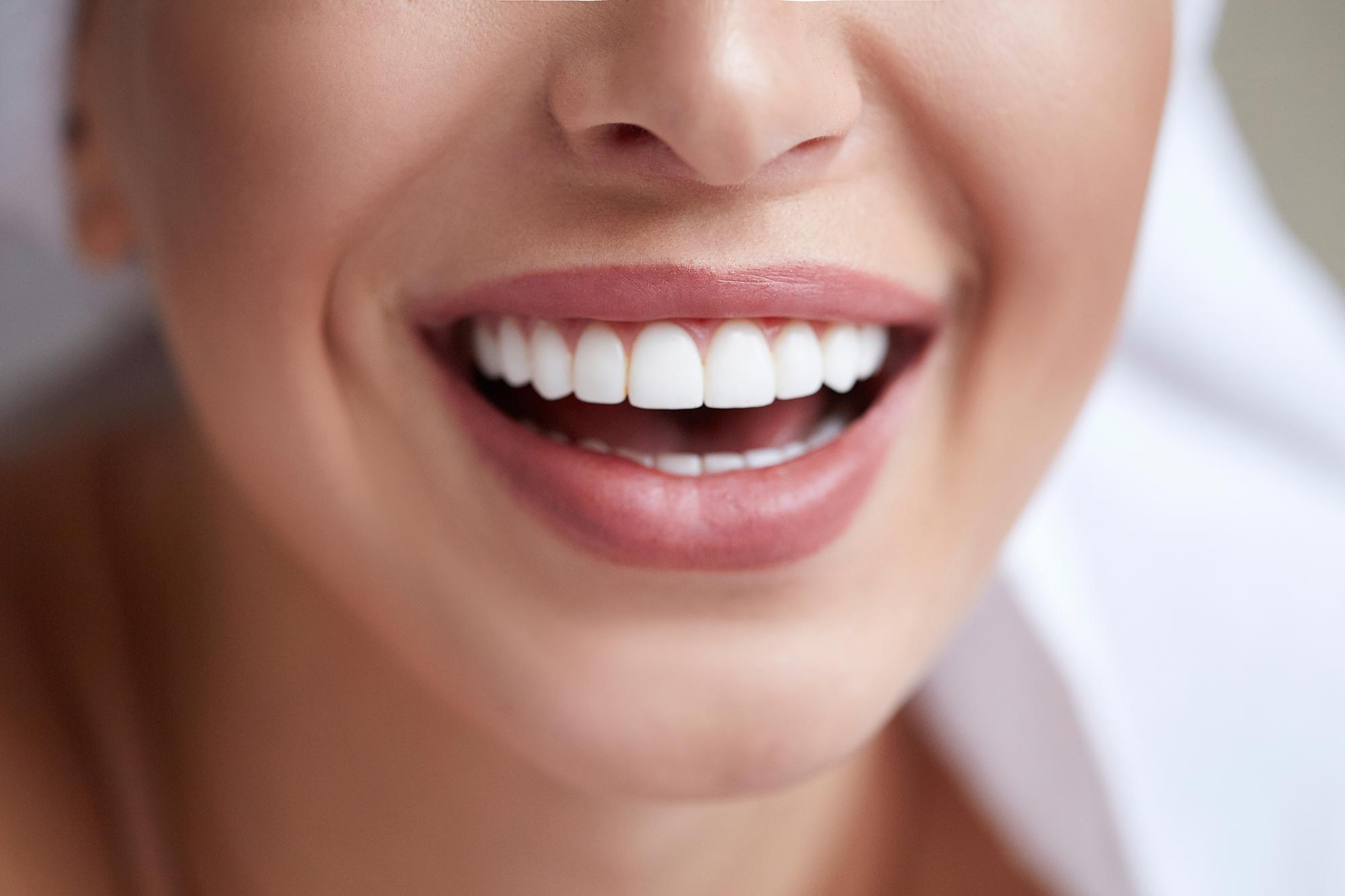A bright, white smile is a coveted asset, contributing to enhanced social appeal and increased confidence. Teeth whitening has become a popular cosmetic dental procedure in Australia, driven by the desire for whiter teeth and improved facial aesthetics. This post delves into the mechanics of how teeth whitening works, exploring various methods and considerations for those contemplating the journey to pearly whites.
Table of Contents
ToggleWhat Causes Stained Teeth:
Yellow or discoloured teeth can impact both smiles and confidence, stemming from various factors:
- Stain-causing foods and drinks like coffee, tea, and red wine.
- Smoking
- Enamel damage
- Natural ageing
- Genetic predisposition
These factors contribute to two types of staining: intrinsic (deep stains) and extrinsic (surface stains).
Types of Teeth Whitening:
Consumers can choose from various teeth whitening options:
- Professional In-office Treatments: Dentists use higher concentrations of bleaching agents, lasers, or light for immediate results.
- At-home Teeth Whitening Kits: These include whitening strips, gels, custom trays, and pens.
- Natural DIY Teeth Whitening: Involves home remedies such as baking soda, hydrogen peroxide, oil pulling, and activated charcoal.
How Teeth Whitening Works:
Teeth whitening products contain active ingredients like hydrogen or carbamide peroxide. These agents initiate a reaction with tooth stains, breaking them down into less pigmented and visible components. The process differs in effectiveness, cost, and safety, emphasising the need for consultation with a dentist before experimenting.
Professional Teeth Whitening Procedures:
In-office treatments utilise higher concentrations of whitening agents and may include laser or light activation for faster outcomes. Consultation with a dental professional is crucial for understanding cost, session requirements, and potential side effects.
At-Home Teeth Whitening Options:
Convenient but requiring consistent use, at-home methods contain milder active ingredients, necessitating a longer duration for noticeable results.
Who Should Get Teeth Whitening?
People seeking an improved smile, whiter teeth, and good oral health are suitable candidates. However, factors like existing dental issues, potential side effects, and realistic expectations must be considered. Consulting a dentist is advisable for personalised advice.
Tips for Making Teeth Whitening Last:
Sustain teeth whitening results with a diligent post-whitening care routine:
- Regular oral hygiene practices, including brushing and flossing.
- Use fluoride toothpaste and mouthwash to prevent bacteria and plaque buildup.
- Avoid stain-causing foods, drinks, and tobacco.
- Attend dental checkups for cleanings and touch-ups.
Conclusion:
Whether opting for professional treatments or at-home kits, staying informed is key to unlocking and maintaining a radiant smile. A consultation with a dentist provides valuable insights into suitable teeth whitening options based on individual factors.
Frequently Asked Questions:
Q: Is teeth whitening healthy for the teeth?
A: In moderation, teeth whitening can be safe when following product usage instructions to prevent damage.
Q: How can I lighten my teeth naturally?
A: Natural methods like oil pulling, activated charcoal, baking soda, and hydrogen peroxide can be tried at home, but they may be less effective and slower than professional treatments.
Q: Can yellow teeth become white again?
A: Yes, professional and at-home whitening products can whiten yellow teeth. The extent of whitening may depend on the severity of tooth discoloration, requiring consultation with a dentist.






